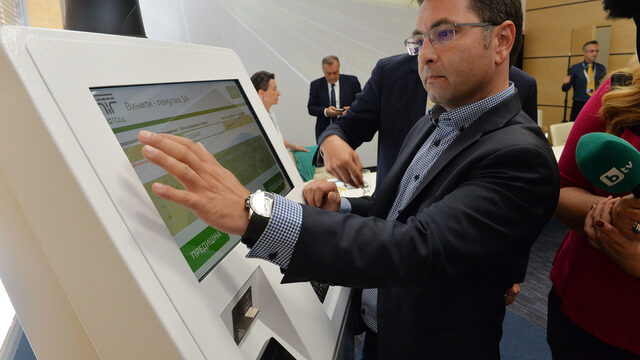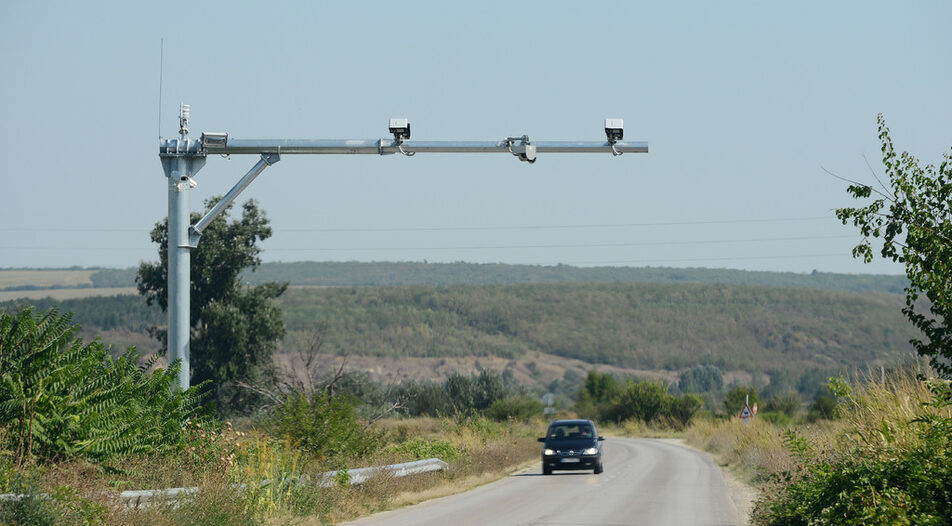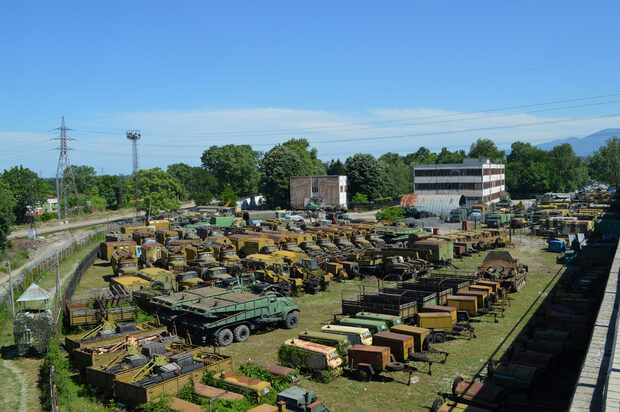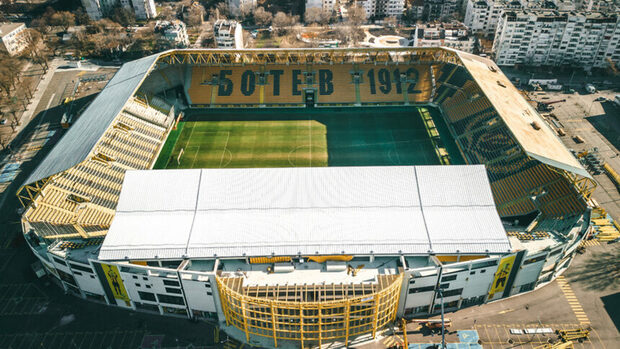Today Kapital Insights and Friedrich Naumann Foundation for the Freedom (FNF) launch a new collaboration under the name of "Black Wednesdays". For the next few weeks, we will publish a story from the Black Book on Government Waste - a flagship project by FNF and independent journalists aimed at exposing problematic, wasteful and potentially corrupt practices perpetrated by national and local authorities across Bulgaria. In its six editions since 2015, the authors of the Black Book have tracked dozens of examples of how public money is mismanaged.
We launch this series with a story by Capital weekly's own Mila Cherneva and Rossen Bossev on the government's oversights and omissions when designing and implementing the toll system over the past six years. As recently as last week, many of the warnings and issues mentioned in this text and video (originally published in 2020) were confirmed in an audit by the caretaker Regional Minister.
Instead of collecting the promised 650 million euro, the new e-vignettes only accounted for less than 200 million euro in revenue in both 2019 and 2020.
On February 26 2020, on the eve of the launch of the toll system for trucks, dozens of representatives of the transport industry gathered in a hotel hall in Sofia.
Their aim was to meet with the management of the Road Infrastructure Agency (RIA) and to resolve a number of issues related to the new payment system. The meeting was tense, and at the last minute the carriers were forced to pay additional fees to private intermediaries. In the end, the state intervened, a compromise was struck and the toll system was launched on 1 March 2020.
Eight months after its start, however, problems remain. The system was built by a consortium of several companies from the Austrian group Kapsch and the public procurement alone cost the state coffers 90 million euro. There are separate expenses, including paying the police, employees, office repairs, etc. that roughly amount to between 10-12 million euro per year. On top of that, RIA plans to give Kapsch 70 million euro throughout the next five years so that the company can continue operating the system, although for years the state has been planning to do it on its own to raise more money for road maintenance.
New system but no new revenue
Against this background, toll revenues for 2020 appear to be alarmingly modest. With the introduction of the toll system, heavy goods vehicles - trucks, trucks and buses - have to pay on the basis of distance traveled, respectively - more than they paid when they used to purchase vignettes. The idea is that vehicles that prove most damaging to the roads should pay more. In this way the state would accrue more funding for repairs and construction. That was the theory anyway.However, the tolls collected from the beginning of 2020 to the end of August proved disappointing, according to a report provided to Capital by RIA. While more money had been collected from vignettes for the first eight months of this year, the revenue from tolls - both tolls and vignettes, is just 138 million euro, or only 37 percent of the estimated annual revenue for 2019.
From January to August, a little over 108 million euro were collected from vignettes, and revenue from tolls paid by truckers from March 1 (when the system was officially launched) to the end of August are less than 30 million euro. If the situation continues at the same pace, a total of 210 million euro can be expected by the end of 2020 (As mentioned, the real number in the end turned out to be lower than 200 million). This will be a very modest growth compared to the claims of the authorities. The total amount that goes into the state budget is even less because of the commission collected by private intermediary companies.

Competition with a caveat
The largest one is Integrated Traffic Systems (ITS), which sold e-vignettes for 140 million euro in 2019 - twice as much as the state owned company managed by RIA did. The fact that a private company is involved in the process of e-vignettes is not unique to Bulgaria; it is indeed an EU-wide approach. The problem here is that the first supplier in question signed a contract before the application conditions were finalized and published on the agency's website. This creates a feeling of preferential treatment for the company. Eventually, a second active provider appeared on the market - Concord Smart Infrastructure, but it is not as aggressive and does not offer any substantially different conditions to consumers.
The icing on the cake of this unprofitable reform was added in August 2020. Without public discussion or comment on the lack of competition, RIA suddenly announced it was directly awarding Kapsch a contract to operate the system that was supposed to be run by the state for the next half decade. In a press release, RIA called the procedure a "second insurance" so that Austrians could monitor the process in parallel with the state.
Today Kapital Insights and Friedrich Naumann Foundation for the Freedom (FNF) launch a new collaboration under the name of "Black Wednesdays". For the next few weeks, we will publish a story from the Black Book on Government Waste - a flagship project by FNF and independent journalists aimed at exposing problematic, wasteful and potentially corrupt practices perpetrated by national and local authorities across Bulgaria. In its six editions since 2015, the authors of the Black Book have tracked dozens of examples of how public money is mismanaged.
We launch this series with a story by Capital weekly's own Mila Cherneva and Rossen Bossev on the government's oversights and omissions when designing and implementing the toll system over the past six years. As recently as last week, many of the warnings and issues mentioned in this text and video (originally published in 2020) were confirmed in an audit by the caretaker Regional Minister.












